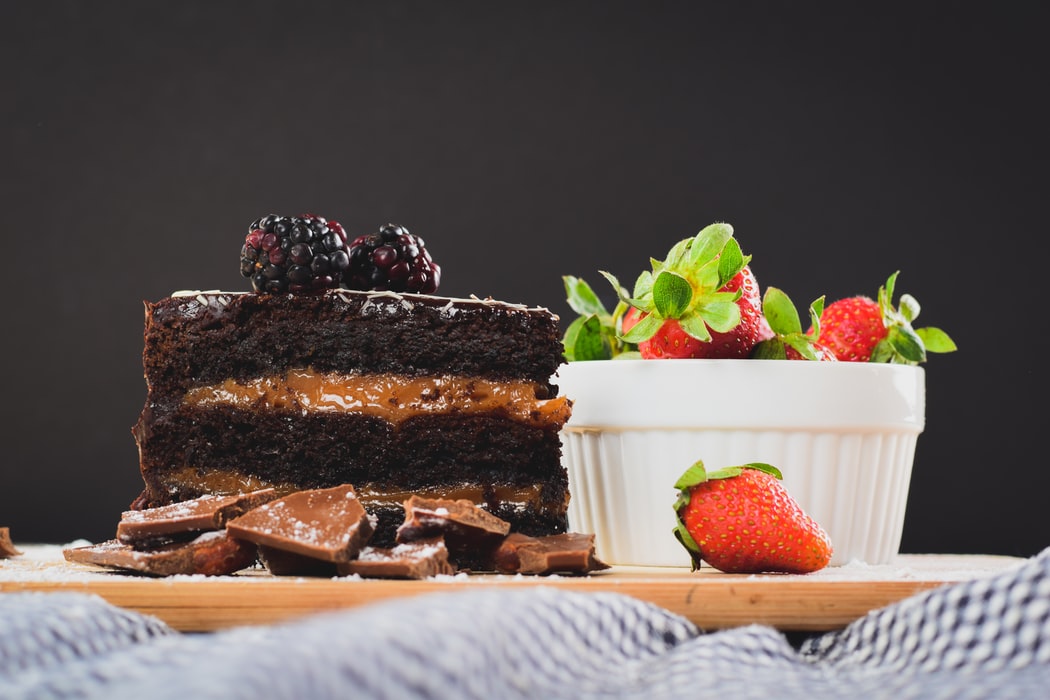HOW TO STRENGTHEN OR WEAKEN HABITS?
According to the habit theory, repeating the behaviour in stable content, increasing frequency, increases the strength of habit.
Habits are maintained by biological factors (e.g. addiction), motivation and goal to maintain.
Some behaviours turn quickly into habits (e.g. taking a new route to work), whereas others take longer practice (e.g. learning to drive a car).
Habits are very powerful because they do not need a lot of information, they can be triggered by many cues; they narrow your mind.
EFFECTIVE WAYS TO CHANGE HABITS
Action planning: (plan ahead), what do you do when you see a stimulus, e.g. take away sweets, put fruits in front and you will eat it.
Stimulus control: control the desire (stimulus), put away, change the environment, e.g. go shopping only after eating, avoid going when you are hungry; avoid going to the supermarket where you might buy unhealthy food, instead, go to the market to the fruits and vegetable area only.
Vigilant monitoring: think about what you are doing. Do or not, depending on is it a good or bad habit. Heightened attention to and inhibitory focus on the unwanted response (e.g., thinking, “don’t do it”).
Context change: is a powerful factor in changing habits because it frees people to establish new patterns of behaviour in the absence of competing habit cues. People naturally experience changes in everyday performance contexts when, for example, they move to new locations, start new jobs and join new groups of friends. When contexts change in this way, people no longer rely on habit cues, and they more consciously consider what to do.
Self-control: substitute habits. When you have a bad stimulus, do something better. Most successful at habit change is when people have self-control resources to implement an alternative action to the habit.
Counter conditioning: replace the cue with the better one, e.g. when want to smoke – go-to exercise.
Identified reinforcement management: reward or punish. When you do a bad habit, punish yourself, e.g. do pus-ups. When you resist to a bad habit, reward yourself, do something you like.
According to different situations, habits/intentions guide behaviour. When the habit is strong, our quick impulses wishes to guide the behaviour. When a habit is weak, our intentions, goals, values guide the behaviour. Frequency and stability make the habit stronger. You need to identify the cues that trigger unwanted habits.
If you want to change a habit: make it intentional. How well you believe to change the habit, you will influence the intention (Verplanken, 2006).


Comments are closed